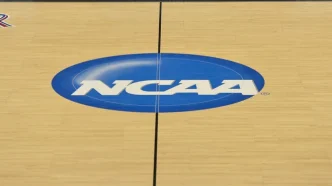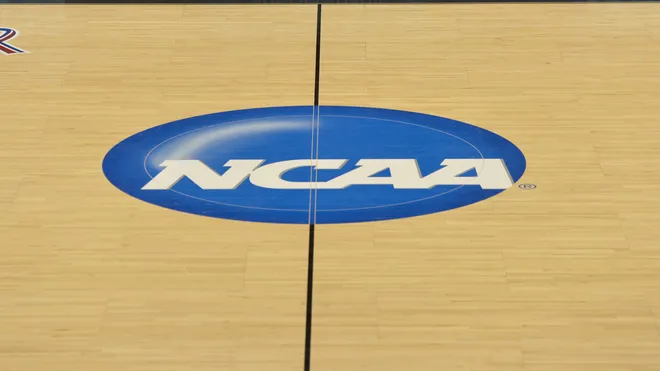In a significant development regarding the NCAA and its athlete compensation structure, a federal judge announced on Wednesday that the proposed settlement from three antitrust lawsuits couldn’t be approved in its current form due to upcoming roster limits set to take effect. U.S. District Judge Claudia Wilken expressed her inclination to approve most aspects of the deal, which includes a staggering $2.8 billion payout to current and former athletes over a decade. This arrangement also paves the way for Division I schools to directly compensate athletes for the use of their name, image, and likeness (NIL), with a cap that will gradually increase, tied to a percentage of certain athletics revenues.
At a hearing on April 7, Judge Wilken suggested implementing the new roster limits in phases. This recommendation came after numerous athletes and parents passionately advocated for a reconsideration of how changes would impact their opportunities. While the principal parties submitted a revised settlement proposal without adjustments to these roster limits, it leaves collegiate programs in a precarious spot.
An anonymous athletic director expressed frustration at the situation, describing it as “insanity.” The director indicated that negotiations shouldn’t hinge on the opinions of those outside of the main decision-makers. In contrast, another athletic director, sharing a similar concern over delay, viewed the issue as relatively straightforward to resolve. This second director mentioned that many coaches had been advocating for “grandfathering” provisions and voiced irritation over the ongoing uncertainty.
Judge Wilken has mandated that within 14 days, all involved parties should earnestly engage with a mediator to explore potential modifications to the settlement. She specifically called on three attorneys representing objecting clients to work closely with both the mediator and the principals’ lawyers to find a workable solution.
Amidst the unfolding events, Judge Wilken has issued a case schedule aimed toward an unspecified trial date, highlighting the urgency to address these issues. Lead attorney for the athlete plaintiffs, Steve Berman, expressed cautious optimism following the judge’s ruling. While one objection regarding the roster issue was upheld, there remains confidence in resolving this matter efficiently, potentially averting the need for a trial.
On the NCAA and conferences’ end, a statement indicated a commitment to review the judge’s order closely. The intent remains to secure approval for a significant settlement that promises to enhance opportunities for student-athletes and restore balance in college sports.
Laura Reathaford, one of the lawyers representing objectors, voiced appreciation for Judge Wilken’s ruling, particularly regarding the phased roster limits. Her comments underline the hope for constructive dialogue moving forward.
Crucially, as noted by Judge Wilken, any settlement must treat all class members equitably. The judge emphasized that immediate implementation of the proposed roster limits could negatively impact numerous athletes, highlighting that no one should lose their place based on the timing of these changes. With thousands of current walk-on athletes potentially sidelined, and high school recruits facing lost opportunities, the stakes for resolution could not be higher.
As deliberations continue, the NCAA and its member institutions will need to navigate this challenging landscape. Without addressing roster limits, they risk creating turmoil in the teams’ future compositions and the broader ecosystem of college sports. The call for equitable treatment amidst the shifting sands of college sports law has never been more critical, and the resolution can set vital precedents for all parties involved.







